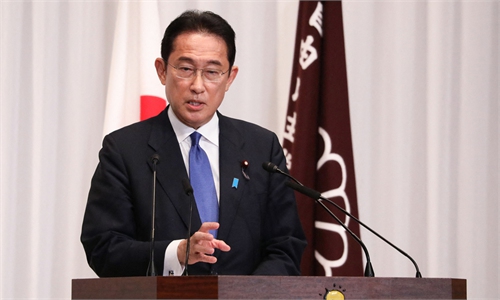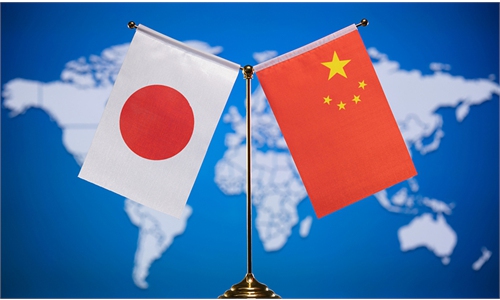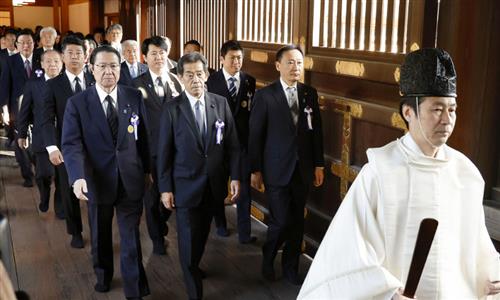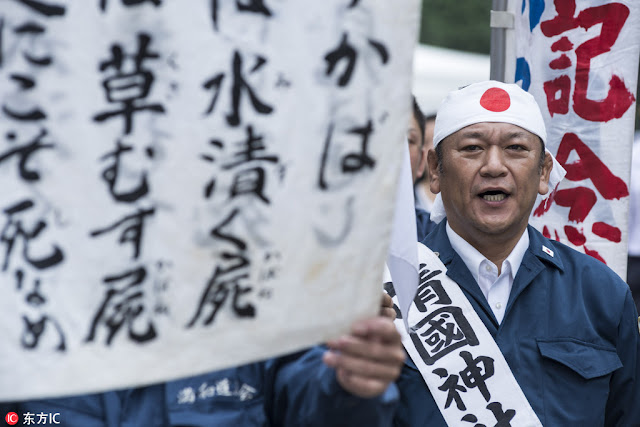A decision to reject all letters not in bahasa malaysia is likely to lead to mono-lingual government officers with little ability to deal with the ever-cosmopolitan world, with many living under the proverbial ‘tempurung’.
A FEW weeks ago, a little girl wrote to our Prime Minister, complaining about the toilets in her school.
Calling him Uncle Anwar, the nine-year-old said the cubicles were dirty and did not have sitting toilets, only the hole-in-thefloor squatting type.
She asked Datuk Seri Anwar Ibrahim to come visit and help. The Prime Minister was gracious in his reply.
“Thank you, Maryam,” he told the girl in a Facebook posting. “I will try to thoroughly and quickly solve this problem for the well-being of the children at school.”
I am so glad the Prime Minister did what he did, and not reject the letter outright.
Maryam had written to him in English, not the national language.
Anwar had replied in English, too.just days later, the same Prime Minister announced that all letters to government departments and universities should be sent back to the senders if they are not written in Bahasa Malaysia, the national language.
Maryam would have been disappointed.
Rejecting or sending letters back to senders just because they are not in BM cannot be the answer, in my opinion.
When people write to the Prime Minister or the government, they are usually seeking help or services that are due to them.
Ignoring or rejecting these letters could lead to a government that’s not in touch with its people or even result in important matters being missed.
A government should not be arrogant or condescending towards its own citizens. No government has ever refused to collect taxes from those who do not speak the national language. So, why should it then refuse services to tax-paying citizens who do not write efficiently in the language?
Governments, after all, exist to serve the people.
And no, I am not saying people can ignore BM. Far from it.
The national language is the glue that binds us as a nation. Almost every day, we squabble over race, religion and geographic locations, with some claiming to be superior to others. The language is about the only thing we share without fighting.
What I am saying is – there are other ways to encourage people to write in Bahasa Malaysia.
For one, the government could set up a translation unit, which would translate all such correspondence into the national language before they are sent to the person or department they are directed to.
The government has people who can do that. I believe the Home Ministry has staff who read all newspapers, portals and periodicals in all languages and translate them into BM for the perusal of the ministers and top officials.
They could do the same with these correspondence.
Of course, there is a catch. Any letter that goes to the translation unit will be delayed by weeks (or even months, knowing how most government departments work) before they reach the person they are intended for.
Who in his right mind would then want to write a letter in Tamil to a minister, knowing that it would be months before the minister reads it?
And we have a win-win situation. The writers will stick to BM for the best results, and the government comes across as one that caters to all and not a draconian one.
Letters aside, there is another issue here. Any policy that restricts people to only one language will be a stifling one, a regressive step.
We need people who are bilingual, or even trilingual. Anwar himself is known for his ability to speak fluent English. He even peppered his last Budget speech with Chinese and Tamil, quoting from Chinese philosopher Mencius and Tamil poet Thiruvalluvar.
Knowledge of other languages will not affect the national language. Bahasa Malaysia, I believe, can hold its own against any other language. In fact, it becomes richer that way.
And what of Sabah and Sarawak? They both have constitutions that say English is one of two official languages. Can the federal agencies deny service to the Borneo States if they write in English?
Did the Prime Minister speak with the leaders of these two states before making his announcement?
The leaders of the two states have already put their collective feet down. They are not about to ban letters in English or any other language.
Sarawak’s Federal Secretary Datuk Ahmad Nadzri Mohd Hassan made it clear.
He said federal government agencies would still accept letters in languages other than Bahasa Malaysia.
And he has also proposed the “translation unit” solution.
“We will accept letters written either in Malay or English. Even if the letters are written in other languages, we will entertain them. We will get them translated,” he said.
I think he is on the right track. Sabah and Sarawak are being progressive and accepting of all cultures. They are even thinking ahead, wanting to go their own way in terms of education and examinations.
The peninsula, on the other hand, seems to be going backwards and may soon see a government service that will be proficient only in one language.
Are we headed for a one-state, two nation system? A great divide splitting the two sides of the South China Sea?
The leaders on the peninsula need to rethink their priorities.
Instead of pandering to mono-lingual government officials, we should encourage them to learn more languages and widen their scope.
With China and India rising, liaising with these two countries will become important. English is also not about to lose its value anytime soon.
Take Singapore.
Many of their leaders can switch easily to different languages. Lee Hsien Loong speaks English, Malay and Mandarin equally fluently. President Tharman Shanmugaratnam – Shang Daman to the Chinese press – speaks English, Malay, Tamil and Mandarin.
Both are held in high regard, just like our own Prime Minister, who is fluent in BM and English while dabbling in other languages.
He should help spawn a new breed of politicians and government servants who can efficiently switch between at least BM and English. Limiting them to reading letters in just one language, while rejecting all others, will only stunt them.
It reminds me of a Bahasa Malaysia idiom: “Katak dibawah tempurung”.
By DORAIRAJ NADASON newsdesk @thestar.com.my The writer wishes all readers a Happy Deepavali, Selamat Hari Deepavali and Deepavali Nalvazhthukkal. Sadly, he does not know how to say it in Chinese.
Both are held in high regard, just like our own Prime Minister, who is fluent in BM and English while dabbling in other languages.
He should help spawn a new breed of politicians and government servants who can efficiently switch between at least BM and English. Limiting them to reading letters in just one language, while rejecting all others, will only stunt them.
It reminds me of a Bahasa Malaysia idiom: “Katak dibawah tempurung”.
By DORAIRAJ NADASON newsdesk @thestar.com.my The writer wishes all readers a Happy Deepavali, Selamat Hari Deepavali and Deepavali Nalvazhthukkal. Sadly, he does not know how to say it in Chinese.
Related post
















